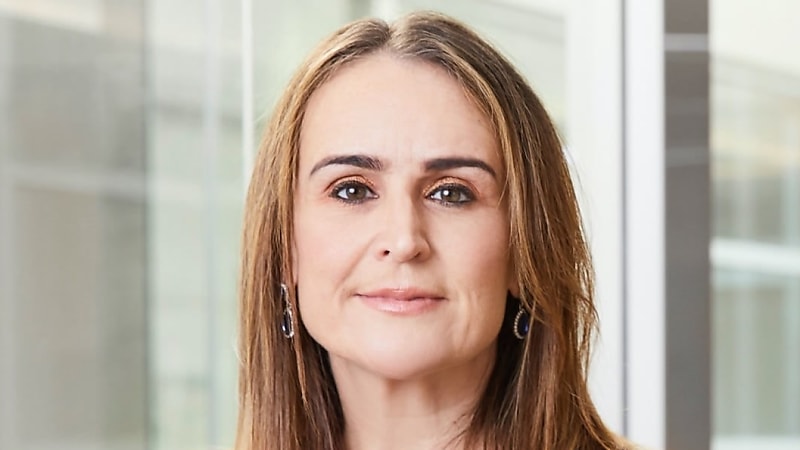Super Members Council urges government to slash red tape to save retirees in super fees
The Super Members Council is urging the government to slash red tape on super accounts in retirement to save tens of thousands of retirees from paying two sets of super fees.
The SMC said this would also give people greater flexibility in choosing to continue working in retirement.
Currently, Australians who want to work part-time after they retire have to open an additional account for their super contributions rather than being able to make the payments straight into their retirement super accounts.
The council said the government could make retirement simpler and more flexible by allowing contributions to be made from part-time work or other sources into their retirement (decumulation) phase account.
The SMC estimates about 100,000 retirees would benefit from the change and said the outdated law adds an extra layer of red tape and complexity to retirement and means some retirees are needlessly paying two sets of fees and often more tax.
“As more than 2.5 million Australians approach retirement in the next decade, the focus needs to be on making the system easier, simpler and allowing greater flexibility,” said SMC CEO Misha Schubert.
“Increasingly, many Australians want to dip back into the workforce from time to time after they start their ‘capital R’ retirement. But instead of making that process easy, currently, they must open a second super fund account, with the administrative hassle of transferring money across into their main retirement account, and they pay extra fees – and perhaps more tax – than they need to.”
Schubert said the “easy fix” is to legislate for Australians to be able to make super contributions from part-time work and other sources straight into their retirement account.
“This simple red tape-busting reform would make retirement easier and more flexible for tens of thousands of Australians,” she said.
“Deidentified data from a large SMC member fund shows that around one-quarter of their members in retirement set up new accounts to accept contributions and then commute to a new retirement income account. Importantly, the number of members doing this is growing and has increased 45 per cent between 2022 and 2023.”
Schubert said this change would require a minor legislative update to the Superannuation Industry Supervision Act and tweaks to associated regulations and the council does not propose changes to the pre-tax super contribution settings.
“To make retirement simpler while keeping flexibility to meet retirees’ needs, the government should swiftly consult and legislate the retirement and super component of the financial advice reform package before the end of this year,” she said.
“It should also make it easier for members to switch to retirement products and end the current ban on being able to add contributions to a retirement-phase super account. Additionally, with member permission, the government should notify super funds about their members’ eligibility for pensions and other government supports so members can be given tailored information on how to maximise their retirement income.”
Finally, Schubert said the SMC recommends that a comprehensive retirement test for super products be developed that measures a broad set of factors including investment performance, flexibility to access funds in retirement, and giving people control over the level of risk they want.
“The government should not mandate the use of annuities for members or cohorts of members. Trustees are best placed to create investment strategies for their members,” she said.








